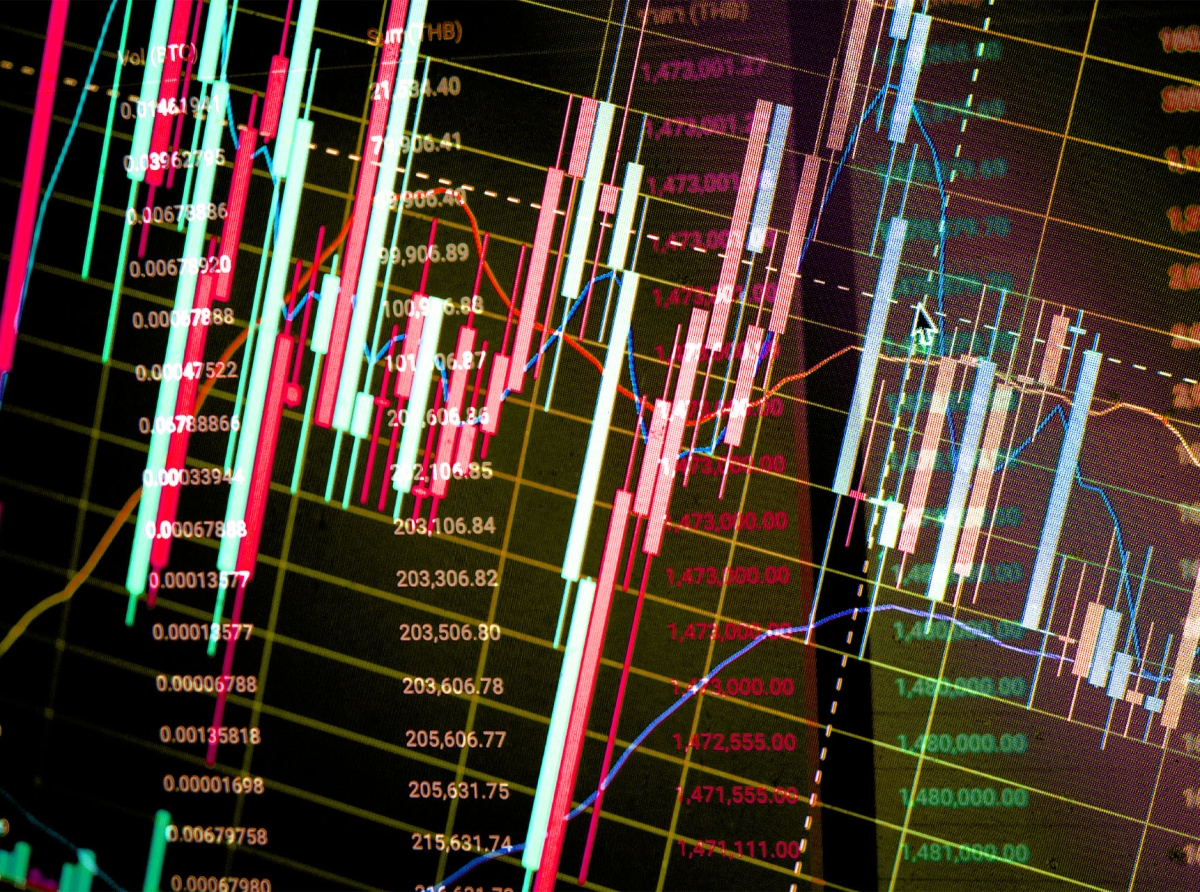
Situations When It’s Best to Avoid Trading
Forex, short for foreign exchange, is a global marketplace for exchanging national currencies. With a daily trading volume exceeding $6 trillion, it is the world’s largest financial market.
While forex trading offers immense opportunities for profit, it also comes with significant risks. For traders looking to succeed in this volatile environment, understanding when not to trade can be as crucial as knowing when to trade.
While forex trading offers immense opportunities for profit, it also comes with significant risks. For traders looking to succeed in this volatile environment, understanding when not to trade can be as crucial as knowing when to trade.

Situations When It’s Best to Avoid Trading
Market Volatility and Uncertainty
One of the critical reasons to avoid trading in the forex market is heightened volatility and uncertainty. Economic events such as interest rate decisions, geopolitical tensions, or unexpected financial crises can cause rapid fluctuations in currency prices.During such times, even experienced traders might find it challenging to predict market movements accurately. The risk of incurring substantial losses often outweighs the potential for profit, making it prudent to stay on the sidelines until the market stabilizes.
Lack of Understanding or Experience
Another situation where trading should be avoided is when a trader lacks sufficient understanding or experience of the forex market.Novices might be tempted to jump into trades without fully grasping technical analysis, chart patterns, or economic indicators that influence currency movements.
This lack of knowledge can lead to poor decision-making and significant losses.
It’s advisable for beginners to spend ample time learning and practicing with demo accounts before committing real money.
Emotional Decision-Making and Stress
Emotions can significantly impact trading decisions, often leading traders astray from their well-thought-out strategies. Times of personal stress or emotional upheaval are not conducive to making rational trading choices.Fear and greed are potent emotions that can cloud judgment; fear might prevent a trader from entering potentially profitable trades while greed may lead one into overly risky positions. Taking breaks during emotional turmoil helps maintain objectivity and discipline.
In conclusion,
knowing when not to trade in the forex market is an essential skill for preserving capital and ensuring long-term success.
Avoiding trades during periods of high volatility, lacking experience, or experiencing emotional stress can prevent unnecessary losses. Strategic planning involves not only analyzing markets but also understanding personal limitations and maintaining psychological discipline.
By recognizing these critical situations, traders can make more informed decisions that contribute positively to their overall trading strategy.
Understanding these dynamics ensures that you navigate the complexities of forex trading with greater acumen and foresight—a vital component in achieving consistent success in the vast world of currency exchange markets.
Forex trading, Market volatility, Risk management, Trading psychology, Currency exchange
knowing when not to trade in the forex market is an essential skill for preserving capital and ensuring long-term success.
Avoiding trades during periods of high volatility, lacking experience, or experiencing emotional stress can prevent unnecessary losses. Strategic planning involves not only analyzing markets but also understanding personal limitations and maintaining psychological discipline.
By recognizing these critical situations, traders can make more informed decisions that contribute positively to their overall trading strategy.
Understanding these dynamics ensures that you navigate the complexities of forex trading with greater acumen and foresight—a vital component in achieving consistent success in the vast world of currency exchange markets.
Forex trading, Market volatility, Risk management, Trading psychology, Currency exchange









Report
My comments